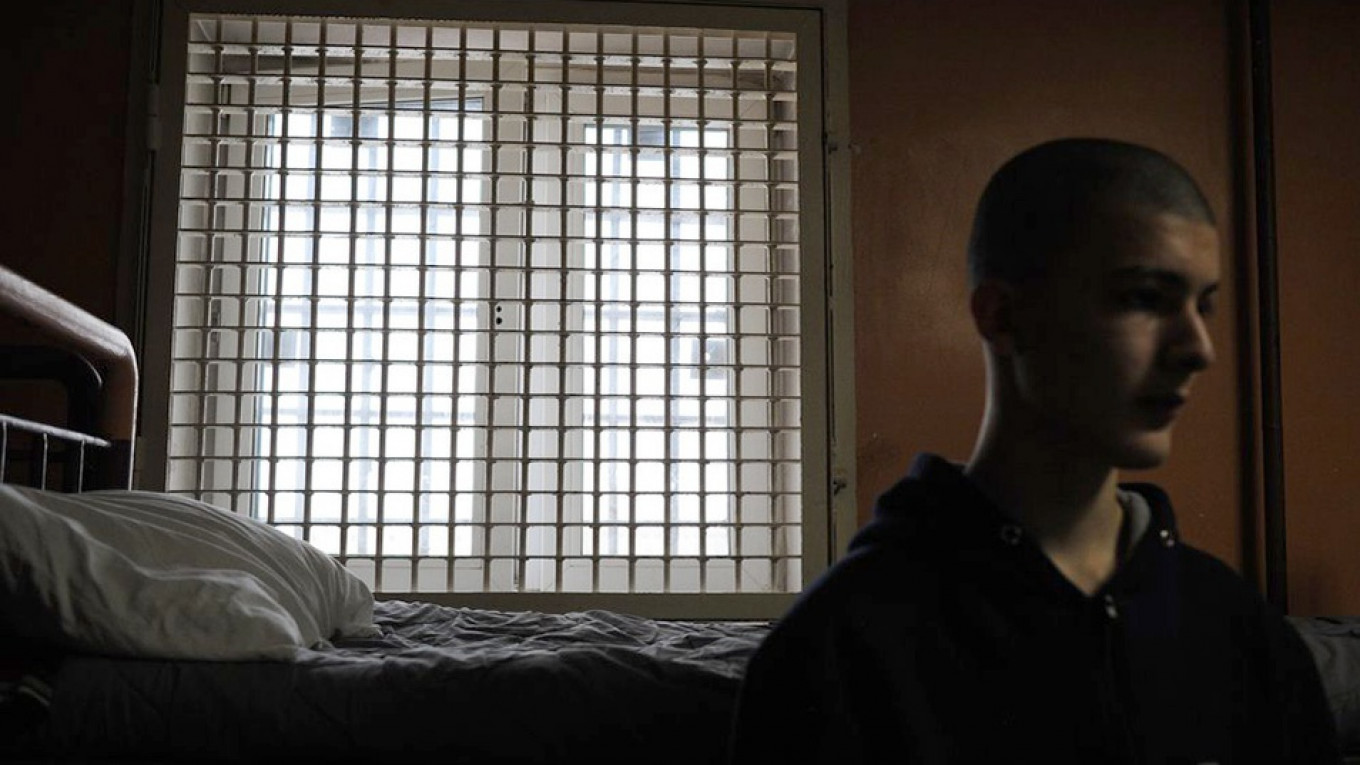Over the past few weeks, the Russian authorities’ campaign against extremism has escalated to a new level. Law enforcement agencies have opened numerous extremism cases against not only opposition activists but also ordinary citizens. The case of eighteen-year-old Anna Pavlikova may have received the most coverage—she was a minor at the time of her arrest, and the Moscow City Court approved her detainment despite her age and health problems. After public protests, Pavlikova and nineteen-year-old Maria Dubovik were placed under house arrest, but they and several other young men, who remain in prison, are still charged with creating an extremist movement called New Greatness.
No one actually denies that, technically, the security services are behind this organization. A Federal Security Service agent joined a Telegram chat room involving some young people and proposed that its members meet offline. He rented space where they could meet and offered to write a charter for their group. Ordinary people who had criticized the government on social media platforms were manipulated into meeting in person and adopting a charter composed by agents provocateurs, and promptly arrested. The system has been set in motion, and it is becoming clear to all Russians that any one of them, or their children, or any person who dares to criticize the government, could end up in the shoes of the New Greatness defendants.
The New Greatness case is hardly unique. Several criminal cases have been opened in various parts of Russia against people who shared memes on Vkontakte, Russia’s largest social media platform. One of them, Maria Motuznaya in Altai Krai, was accused of offending the religious and inciting racial hatred. One offensive image depicted Jesus asking Patriarch Kirill of the Russian Orthodox Church what time it was, a reference to a scandal surrounding a luxury watch Kirill sported in a photo. And in Tuva, Oyumaa Dongak, an activist, was arrested for something even more innocuous: reposting a historical article about Germany that happened to contain a photo with a swastika.
The memes at the center of these extremism cases have been unremarkable, the kind shared by almost anyone who is active on social media platforms. Some of those arrested had never attended rallies and were not particularly involved in, or vocal about, politics. They were simply ordinary citizens of various ages and professions.
The strongest impression from these cases, and a mistaken one, is that the government has deliberately and demonstratively escalated repression to a new level. Previously, opposition activists—people who rallied in the streets and tried to create political parties—were the main enemy. Now, perfectly upstanding citizens appear to be fair game. People are going to prison for jokes, as in the Soviet years. Their jailers are making an example of them, torturing them in detention facilities whatever their age or ailments. Russia’s repressive machine is running smoothly, and the regime is showing it off, the argument goes.
This idea presumes that the power vertical is exceedingly monolithic and well thought-out, that the system does not make mistakes, that it operates without any hitches, and that it has a decisionmaking center that devises new rules and enforces them effectively. Many in Russia are mesmerized by the ostensible power, shrewdness, and dark might of the Kremlin. However, the numerous extremism cases opened against those who have liked or shared memes point to the contrary: Russia’s system of power is unmanageable and unable to predict the potential consequences of its own decisions.
The cases against Russia’s so-called extremists do not represent a new Great Terror. They are a system error and an unforeseen result of poorly thought-out decisions. Laws on extremism—in particular, the law protecting the feelings of the religious, passed in response to Pussy Riot’s 2012 protest performance at the Cathedral of Christ the Savior—were intended to be a precision instrument for intimidating specific “malcontents” in Russia. They were meant to be applied infrequently and selectively.
However, Russia’s law enforcement system is not well suited to precision instruments. Law enforcement officers are supposed to be “productive” in solving crimes and opening criminal cases. If an article exists in Russia’s Criminal Code, then cases must be opened under it. Otherwise, why have it there at all? Finding people to prosecute is not a problem. Furthermore, one need not expend much energy to “uncover” extremism. Browse several pages of someone’s social media account and you will find plenty that constitutes extremism in the eyes of the law and under the eminently vague articles of Russia’s Criminal Code, which could be applied to almost any satire.
Law enforcement agencies have found the struggle against so-called extremism an excellent way to earn points for having solved “serious” crimes. The cruel treatment of Pavlikova only appears to be a deliberate expression of exceptional sadism, but this is just the way that the siloviki operate; they cannot simply release a person charged with extremist from jail.
The Kremlin’s initiative failed upon contact with the system it created. Its failure is bearing real-life consequences. The government had not planned to punish ordinary citizens and to keep them in constant fear. On the contrary, President Vladimir Putin’s regime has always tried to draw a clear distinction between opposition activists and ordinary citizens. The Bolotnaya Square case demonstrated to ordinary citizens that the regime would shut down any activism and it showed exactly what people were not supposed to do: take to the streets and issue demands.
Relevant legislation was passed: laws protecting the feelings of the religious and introducing stricter punishments for participation in unsanctioned protests. Still, the Kremlin tried to signal to society that if you protest or join an opposition movement, you are an activist; if you sit at home, you are an ordinary citizen, even if you criticize the regime a bit.
Sharing memes did not turn ordinary citizens into opposition activists, and it has yet to do so. However, now it is the siloviki who are turning ordinary citizens into opposition activists. Because of this mistake, ordinary citizens are leaving their comfort zones. They see that they and their children can become victims, that the laws are unfair, and that the law enforcement agencies are using these laws in their own interest. Inevitably, a question arises: why are people going to prison for memes while corrupt officials receive suspended sentences? As more and more people pose it, the Kremlin has only itself to blame.
Andrey Pertsev is a journalist with the Kommersant newspaper and a regular contributor to The Carnegie Center Moscow, where this piece was originally published. The views and opinions expressed in opinion pieces do not necessarily reflect the position of The Moscow Times.

A Message from The Moscow Times:
Dear readers,
We are facing unprecedented challenges. Russia's Prosecutor General's Office has designated The Moscow Times as an "undesirable" organization, criminalizing our work and putting our staff at risk of prosecution. This follows our earlier unjust labeling as a "foreign agent."
These actions are direct attempts to silence independent journalism in Russia. The authorities claim our work "discredits the decisions of the Russian leadership." We see things differently: we strive to provide accurate, unbiased reporting on Russia.
We, the journalists of The Moscow Times, refuse to be silenced. But to continue our work, we need your help.
Your support, no matter how small, makes a world of difference. If you can, please support us monthly starting from just $2. It's quick to set up, and every contribution makes a significant impact.
By supporting The Moscow Times, you're defending open, independent journalism in the face of repression. Thank you for standing with us.
Remind me later.








